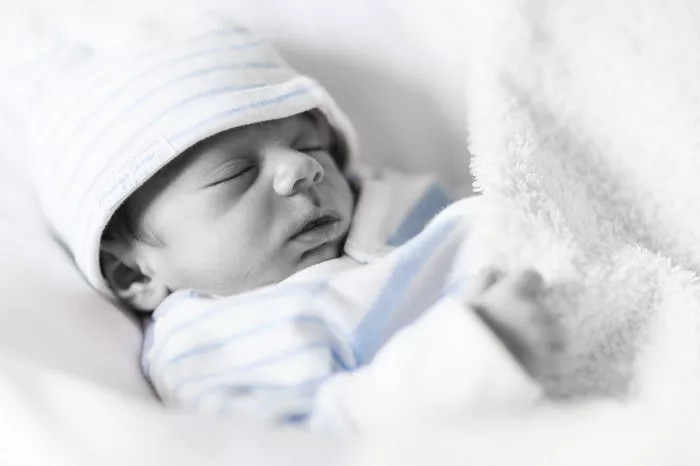It’s natural to worry about your newborn getting sick, especially if you have a cold. But rest assured, while colds are contagious, newborns are actually pretty resilient.
As a parent, your newborn’s health is likely your top priority. So, when you find yourself sniffling and sneezing with a cold, it’s understandable to be concerned about whether your little one might catch it too. Let’s delve into the transmission of colds and how you can protect your newborn.
1. Understanding Transmission
Colds are primarily spread through droplets from coughing and sneezing. When you have a cold, these tiny droplets containing the virus can land on surfaces or be inhaled by others, including your newborn. However, it’s important to note that newborns have some immunity from the mother during pregnancy, which offers them some protection against common illnesses like colds.
Several factors influence the risk of transmission to your newborn, including their age, the severity of your cold, and their overall health. Younger babies, particularly those under three months old, are more susceptible to infections due to their still-developing immune systems. Additionally, if your cold is severe or if your baby has any underlying health conditions, the risk may be slightly higher.
2. Practical Advice for Prevention
Preventing the spread of colds to your newborn is essential. Here are some practical measures you can take:
Handwashing: Emphasize the importance of frequent handwashing with soap and water for at least 20 seconds, especially before handling your baby or their belongings.
Covering Coughs and Sneezes: Encourage covering your mouth and nose with a tissue or your elbow when coughing or sneezing to prevent the spread of germs.
Avoiding Close Contact: Limit close contact with your newborn, particularly when you’re feeling the worst and are most contagious.
Feeding: Whether breastfeeding or bottle-feeding, continue to provide nourishment to your baby. Breast milk contains antibodies that can help protect your baby from infections.
Isolation: If possible, consider separating yourself from your baby by sleeping in separate rooms or arranging for another caregiver to help with caregiving duties until you’re feeling better.
Managing Your Cold: Prioritize your own health by getting plenty of rest, staying hydrated, and taking over-the-counter remedies as directed to alleviate your symptoms.
3. Addressing Concerns and Potential Symptoms
It’s natural to be on high alert for any signs of illness in your newborn. Common symptoms of a cold in babies include a runny nose, cough, fever, and decreased appetite. However, it’s important to remember that many of these symptoms can also be caused by other factors, such as allergies or teething.
If you notice any concerning symptoms or if your baby seems unusually fussy or lethargic, don’t hesitate to contact your pediatrician. They can provide guidance on how to care for your baby and when to seek medical attention.
4. Providing Resources
For reliable information on newborn care and illness prevention, consider referring to reputable sources such as the Centers for Disease Control and Prevention (CDC) or the American Academy of Pediatrics (AAP). These organizations offer valuable resources and guidelines for parents navigating their baby’s health.
Additionally, ensure you have access to contact information for your pediatrician and emergency services in case you need to reach out for assistance or advice.
5. Maintaining a Reassuring Tone
In navigating your newborn’s health, it’s important to remain calm and composed. Use clear and simple language when discussing illness prevention and symptoms, avoiding sensationalism or scare tactics. Acknowledge the understandable concern parents may feel and offer empathy and understanding as they navigate this new journey of parenthood.
Conclusion
Remember, while colds are common and often unavoidable, taking proactive steps to prevent transmission and seeking prompt medical attention if needed can help protect your newborn’s health and well-being. Trust in your instincts as a parent and lean on the support of healthcare professionals for guidance and reassurance along the way.


